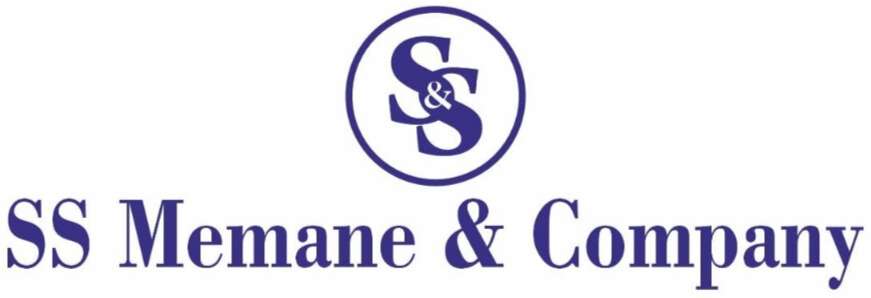ITR-7 Return
Quick Contact
Documents Required
- PAN Details
- Invoice Details
- Bank Statements
- Form 26AS
ITR-7 Return
ITR-7 is an income tax return form used by entities that are required to file returns under specific sections of the Income Tax Act, 1961. This form is primarily for trusts, political parties, charitable or religious institutions, research associations, and other entities claiming exemption under sections like 139(4A), 139(4B), 139(4C), or 139(4D).
Eligibility Criteria for ITR-7
Who Can File ITR-7:
Section 139(4A): Trusts or institutions whose income is derived from property held under trust or legal obligation for charitable or religious purposes.
Section 139(4B): Political parties that are required to file returns if their total income exceeds the maximum amount not chargeable to tax.
Section 139(4C): Entities like scientific research associations, news agencies, institutions or associations referred to in Section 10(23A) and 10(23B), and others.
Section 139(4D): Colleges, universities, or other educational institutions and hospitals, which are not required to file a return of income under any other provision of this section.
Who Cannot File ITR-7:
Individuals, HUFs, companies, and firms that do not fall under the specific sections mentioned above.
Documents Required
PAN Card:
Permanent Account Number of the trust, institution, or entity.
Registration Certificate:
Certificate of registration under relevant laws for charitable, religious, or educational institutions.
Income and Expenditure Statement:
A detailed account of income and expenses incurred during the financial year.
Balance Sheet:
Financial statement showing the assets, liabilities, and equity of the entity.
Form 10B:
Audit report in Form 10B if the entity’s income exceeds the maximum amount not chargeable to tax.
Details of Donations Received:
Information on donations received, particularly those eligible for tax deductions under Section 80G.
Bank Statements:
Statements from all bank accounts held by the entity, showing all financial transactions during the year.
TDS Certificates:
Certificates showing the tax deducted at source on income received by the entity.
Details of Investments:
Information on investments made by the trust or institution during the financial year.
Receipts and Payments Account:
A statement reflecting the actual cash receipts and payments during the financial year.
Process of Filing ITR-7
Gather All Necessary Documents:
Collect all the required documents, including financial statements, audit reports, and registration certificates.
Download or Access ITR-7 Form:
Access the ITR-7 form through the Income Tax Department’s e-filing portal.
Fill in Basic Details:
Enter the PAN, name, address, and registration details of the entity.
Provide Financial Details:
Input details from the income and expenditure statement, balance sheet, and receipts and payments account.
Attach Audit Report:
If applicable, attach the audit report in Form 10B, which is mandatory for certain entities.
Report Donations and Income:
Provide details of donations received, income from property held under trust, and any other income sources.
Compute Tax Liability:
The form will auto-calculate the tax liability based on the income and deductions provided.
Pay Additional Tax:
If there is any additional tax liability, pay it using Challan ITNS 280 and enter the payment details in the form.
Review and Submit:
Carefully review all the information entered, and submit the ITR-7 form online through the Income Tax e-filing portal.
E-Verify the Return:
Complete the process by e-verifying the return using digital signatures, net banking, or by sending a signed copy of the ITR-V to the Centralized Processing Center (CPC).
Advantages
Compliance with Tax Laws:
Ensures that trusts, political parties, and other eligible entities meet their tax filing obligations.
Claiming Exemptions:
Allows entities to claim exemptions under Sections 11, 12, and 13 for income derived from charitable or religious purposes.
Transparent Reporting:
Facilitates transparent reporting of income, donations, and expenses, ensuring accountability.
Mandatory for Certain Entities:
Ensures that entities like political parties and educational institutions comply with tax regulations.
Detailed Financial Reporting:
The form requires detailed financial information, aiding in accurate tax calculation and compliance.
Disadvantages
Complexity:
The form is detailed and may be complex for entities without professional accounting knowledge.
Professional Assistance Required:
Many entities may need to hire accountants or tax consultants, increasing compliance costs.
Time-Consuming:
Gathering all necessary documents and completing the form can be time-consuming.
Audit Requirement:
Entities with income above the exemption limit must undergo an audit, adding to the compliance burden.
Not Applicable to All Entities:
The form is specific to certain entities, and others must use different forms.
- Copyright 2024 © SS Memane || Designed By || Mr. Sunil Memane


